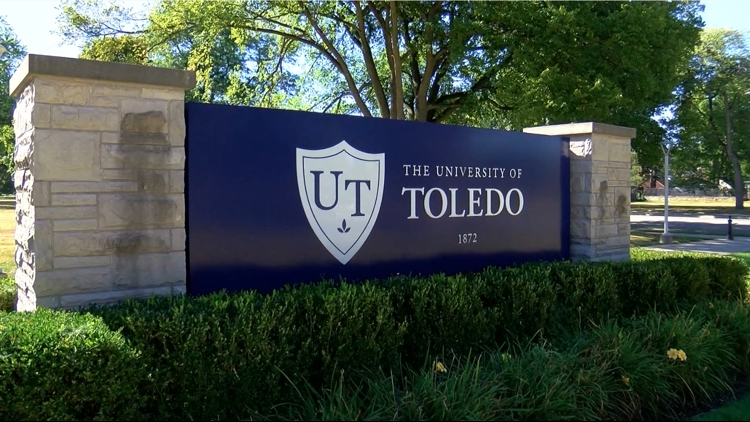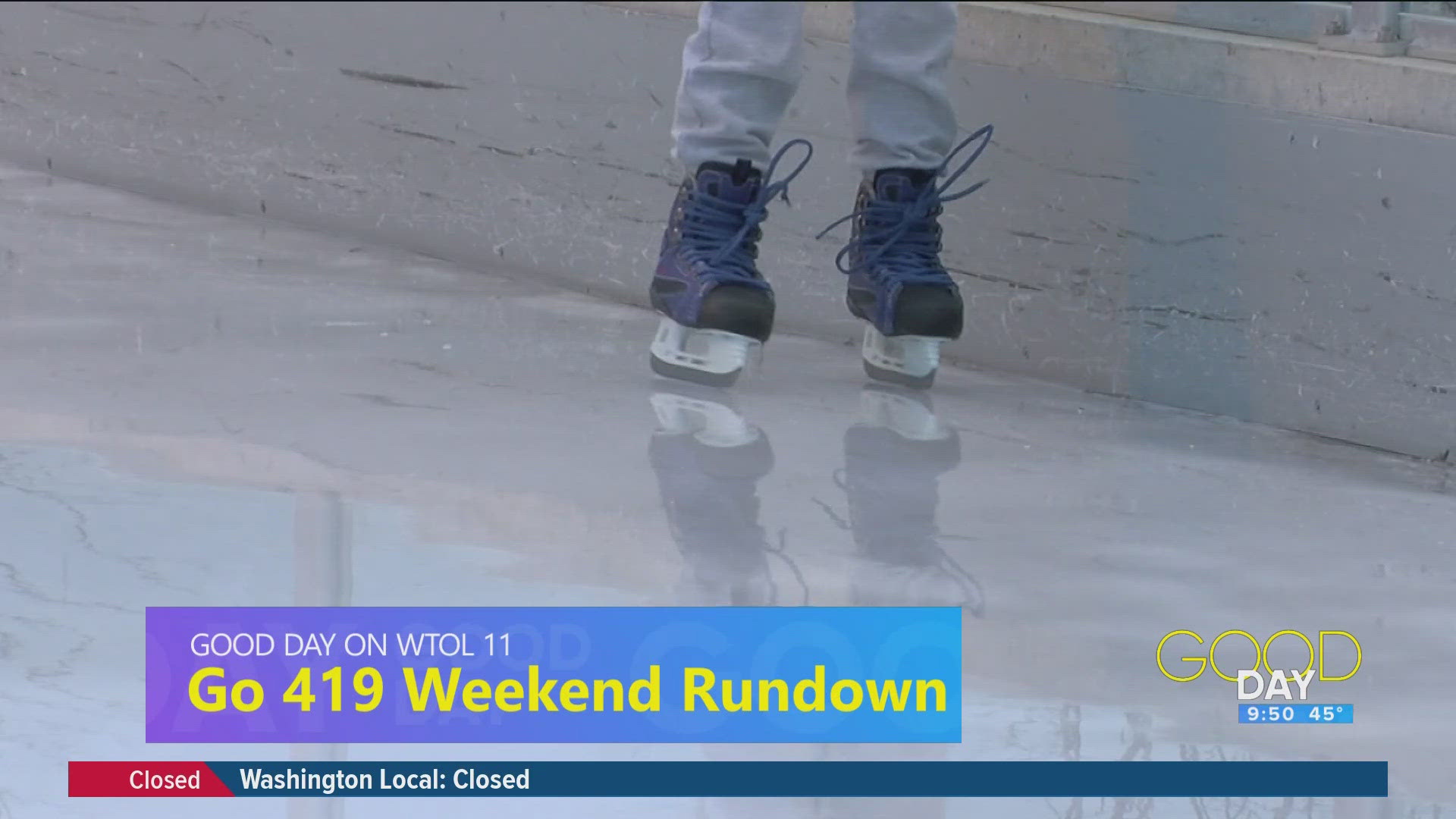TOLEDO, Ohio — The University of Toledo is holding its 21st annual International Human Trafficking & Social Justice Conference virtually beginning later this month.
The conference will be held from Wednesday, Sept. 18 through Friday, Sept. 20. The final day to register for the event is Tuesday, Sept. 10. For a full list of events and to register for the event, click HERE.
UToledo said the conference has grown to become the largest academic conference of its type in the world, bringing together survivors, activists, academic researchers, educators and other professionals working to combat human trafficking.
“The mission of The University of Toledo is to improve the human condition. We take that quite literally,” said Dr. Celia Williamson, a Distinguished University Professor of social work and executive director of the UToledo Human Trafficking and Social Justice Institute. “Over the last 20 years, our conference has helped shape public policy, launched new programming and expanded the public’s understanding of injustices throughout the world.”
According to the university, there will be more than 110 live webinar presentations and networking sessions. Presentations will range from personal stories of survivors and discussions about the challenges and opportunities that artificial intelligence creates.
Williamson said people from all backgrounds are welcome to attend the conference. UToledo said all first-time attendees are encouraged to attend the "Human Trafficking 101" session, "which provides an overview of sex and labor trafficking, including warning signs and commonly repeated myths."
According to Williamson, one persistent misunderstanding is about the risks of becoming a trafficking victim.
“The literature is very clear that marginalized people are at a much higher risk. If you believe the myth that everybody is at the same risk, people with money, power and influence run to protect their community first and less resources to go to those who need them the most," Williamson said. “Most people are well-intentioned, but we want to be sure we’re dismantling myths and misinformation so that together we can make a real, positive difference.”



